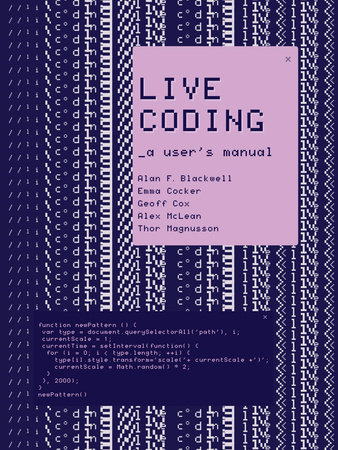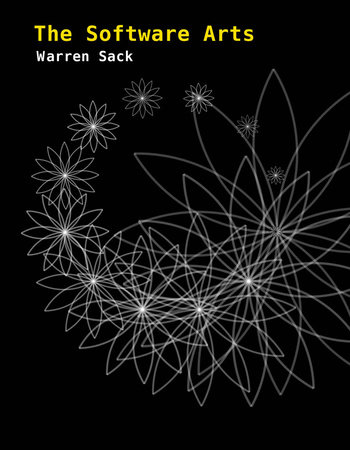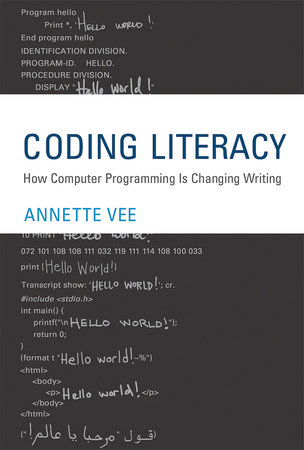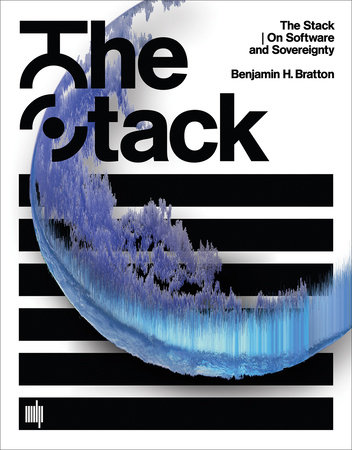
100% Utilization
Computation and Labor After Moore's Law
Andrew Lison
Paperback
May 26, 2026 | ISBN 9780262051361
AmazonBarnes & NobleBooks A MillionBookshop.orgHudson BooksellersPowell'sTargetWalmart
Ebook
May 26, 2026 | ISBN 9780262051385
Apple BooksBarnes & NobleBooks A MillionGoogle Play StoreKobo
About the Book
Since the end of the Second World War, we have come to expect continual growth in computing power and the rapid development of digital technology. This dynamic has enabled informational procedures to supplant an ever-increasing range of human and mechanical activity. However, indications that the semiconductor industry is approaching the physical limits of integrated circuitry pose an existential challenge to Intel Corporation co-founder Gordon Moore’s “law,” which prescribes an exponential increase in microchip density—and, by extension, processing performance—every two years.
Placing theories of employment in dialectical conjunction with the concrete operations of computing, 100% Utilization explores the consequences of pushing processing power to its limits for a culture seemingly reliant on automation as much as human labor. In accounting for this contradiction, Andrew Lison offers a corrective to theories of digital mediation emphasizing its symbolic and representational capabilities. He connects the looming end of Moore’s law to trends in semiconductor manufacturing, custom hardware, and parallelized software techniques, including AI. Ultimately, he traces this historical technological boom and impending bust through the racialized history of Silicon Valley to longer-term conceptions of the relationship between machinery and labor.











